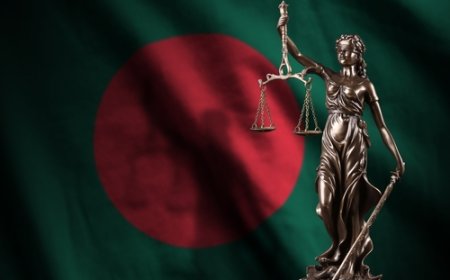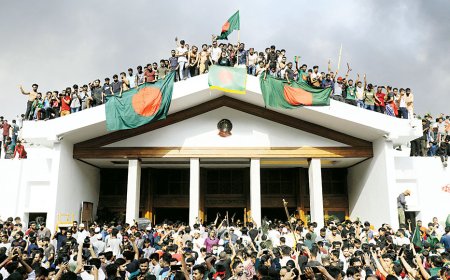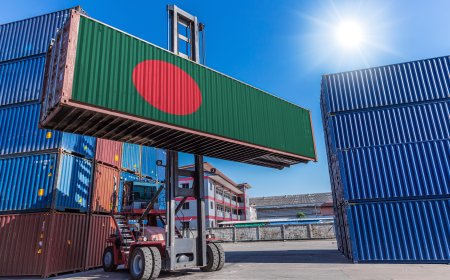The Discourse of Distraction
How BNP’s tactical chaos could trigger a national referendum. The more the party questions the legitimacy of the interim government, the more fraught the political situation becomes. This is something Bangladesh can ill afford
1. Undermine the Yunus-led government by calling it "unelected" and "directionless"
2.Falsely frame reform as delay -- as if institutional cleansing can happen on a 90-day clock
3. Pressure the government into a rushed election, hoping for a power-sharing bargain while the system is still vulnerable
It’s theatre. Dangerous theatre.
It wouldn’t be ideal. But it would be legitimate.
A referendum would allow the people -- not a handful of backroom negotiators -- to decide on:
-- The structure of the future parliament
-- Mechanisms for accountability
-- Judicial independence
-- Electoral reforms that prevent the return of dynastic authoritarianism, whether in green or blue
Final Word: The Burden of Choice
The way "medias with agendas" are amplifying Khaleda Zia’s supposed behind-the-scenes intervention -- framing a potential Yunus–Tareque meeting as some grand turning point -- misses the larger picture. The real issues that matter to the people are not being addressed. The public is not looking for backroom reconciliation or symbolic gestures; they are waiting for permanent, structural reforms that will shape the institutions they live under.
BNP must decide what role it wants to play in Bangladesh’s rebirth. It can be a credible force for reform, or it can go down as the party that delayed justice, derailed consensus, and denied the people their moment.
The referendum is not the first choice. But if BNP’s tactics of strategic sabotage persist -- undermining reform while riding on the language of “consensus” -- it may become the only democratic safeguard left to prevent a rebranded return to elite-driven politics.
The Danger of Political Collusion
Here lies the deeper danger: if BNP, by virtue of being the largest political party on the ground, chooses to keep the Awami League in the playing field -- not out of principle, but to preserve the bipartisan habits of corruption, where power and opposition simply trade places but protect each other’s rot -- then the public will see through it.
This reform agenda was born not in negotiation rooms, but in the blood and slogans of a people’s uprising. If old parties now conspire to dilute that mandate, a referendum won’t just be a fallback -- it will become a national demand. The people will bypass party lines, bypass political theater, and seek to lock reform into the constitution themselves.
When the people rise once, they do not forget. They do not wait forever.
What's Your Reaction?

















































































